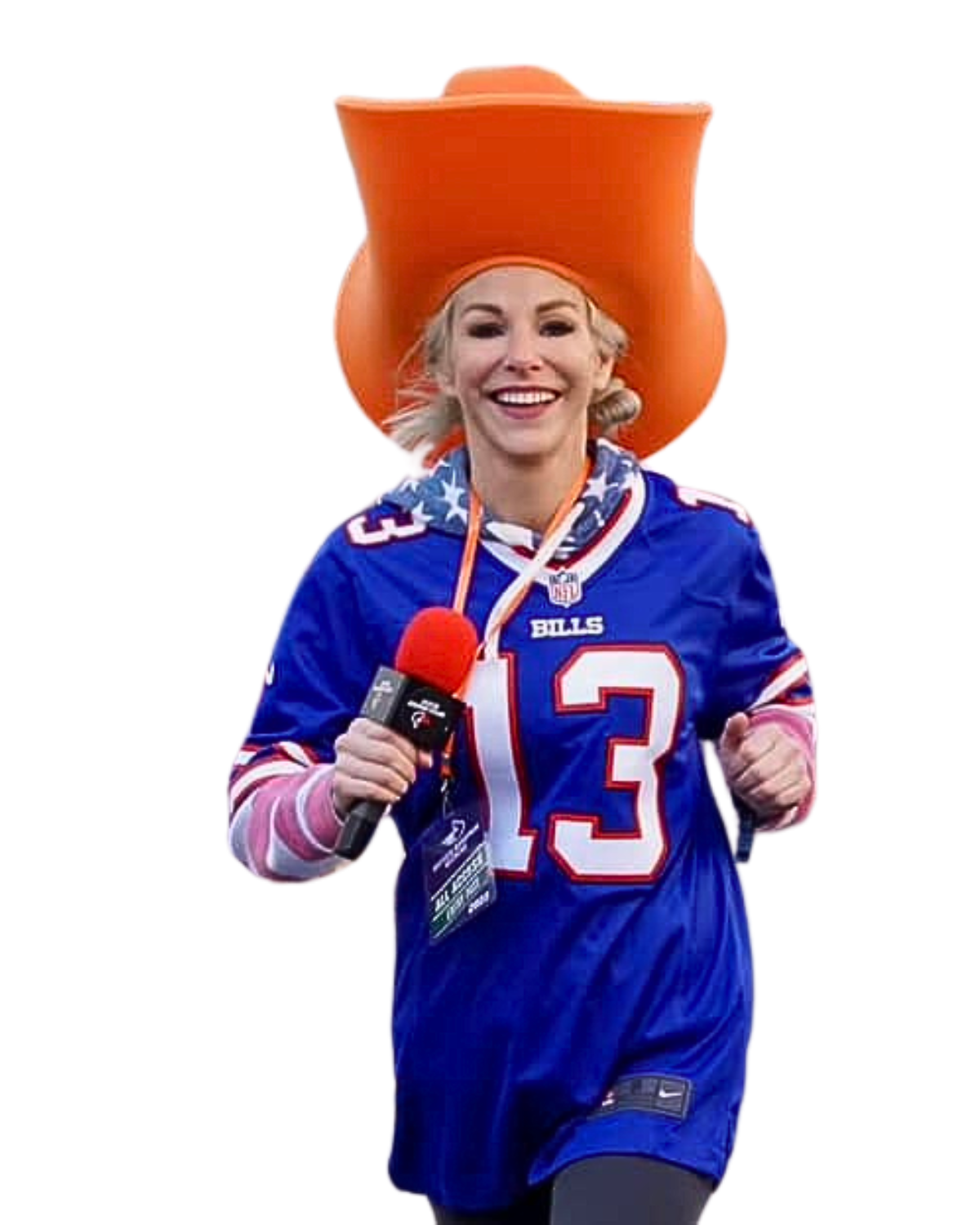Runner icon Kathrine Switzer and Fitz Koehler discuss Kathrine’s pioneering effort as the first registered female athlete at the Boston Marathon and the violent altercation that ensued mid-race. They also discuss the validity of the pay gap in women’s sports, transgender athletes at the Olympics, and her lifelong efforts to inspire women’s physical and emotional strength via sport.
The Boston Marathon has a long and transformative history for female runners. For decades, women were excluded from participating in the prestigious race, but their persistence and determination broke barriers and reshaped the landscape of long-distance running.
In 1966, Bobbi Gibb became the first woman to run the Boston Marathon, doing so without an official bib. She hid in the bushes near the start line and joined the race after the gun went off, finishing in 3 hours and 21 minutes. At the time, the Boston Athletic Association (BAA) did not officially allow women to compete, claiming they were not physically capable of running such a distance.
The following year, in 1967, Kathrine Switzer became the first woman to officially run the Boston Marathon. She registered using her initials, “K.V. Switzer,” and was assigned a bib number. However, mid-race, an official, Jock Semple, tried to physically remove her from the course. Her presence and determination led to growing support for female runners, helping to spark change in marathon regulations.
It wasn’t until 1972 that the Boston Marathon officially opened its doors to women. Eight women started the race that year, and all finished, proving their endurance and capability. Since then, female participation has surged, and in 1984, the Olympic Games added the women’s marathon event, further cementing the role of women in long-distance running.
Today, female runner make up nearly half of the Boston Marathon participants. Legends like Joan Benoit Samuelson and Desiree Linden have won the race, inspiring future generations. The progress made over the decades showcases how perseverance and advocacy have shaped the marathon into an inclusive event where women can compete at the highest level.






